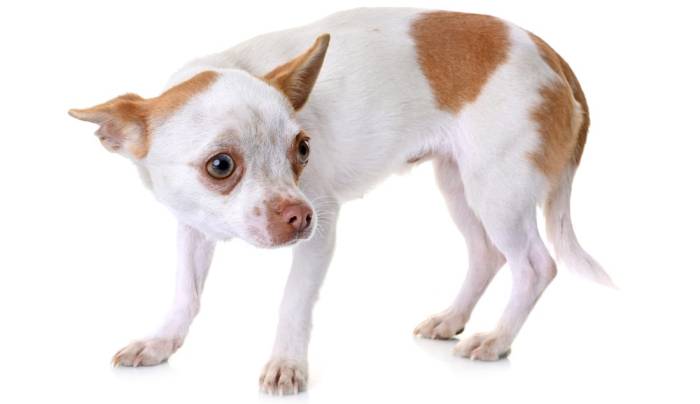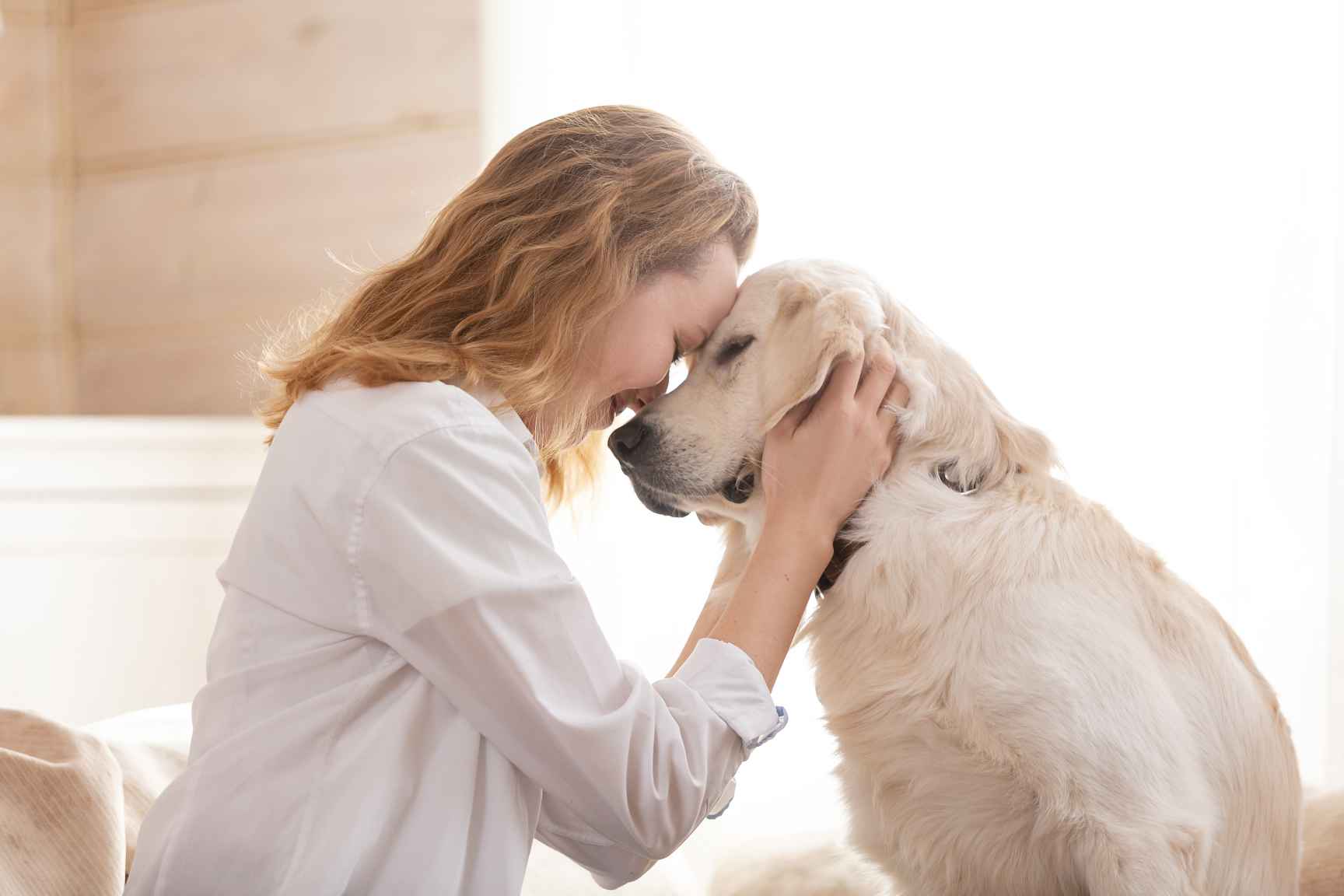Being a dog parent is a massive commitment. Once you bring home your canine companion, you become responsible for his mental, physical and emotional well-being. From choosing the right brand of dog food to creating a healthy eating schedule – the list of responsibilities is endless.
Connect with a verified veterinarian in minutes. Licensed vets are available 24/7 to answer your questions. No need to worry about your furry family member.
Apart from these obvious obligations, we also want our furry friends to remain in the pink of their health. Unfortunately, it is rather common for your dog to contract diseases and fall ill. Some of these illnesses might be harmless in the long run but a few can prove to be fatal. In times like these, an emergency veterinarian appointment and a pet insurance that covers pre-existing conditions are the only things that can act as your safety net. Fortunately, if the signs and symptoms of diseases are noticed early on, it can help your dog recover faster.
Here are 7 alarming signs for your dog’s health:
1. Lack of energy
All dogs act lazy from time to time – sometimes they would rather sunbathe than play catch, and it’s normal. Besides, some breeds, such as the Doberman, are naturally more restless than others. When your canine friend starts losing interest in activities he previously enjoyed and shows a general loss of energy, something else might be brewing. If your dog shows sudden lethargy and disinterest, he might be ill, hurting and distressed or both. It seems harmless at first but can have grave consequences for your dog’s health. Sluggishness is a symptom of heart disease, diabetes, cancer and other serious health issues. If symptoms are persistent then it is best to get a veterinarian’s opinion at the latest.
2. Difficulty in breathing
It is normal for your puppy to experience rapid breathing after playtime or rigorous exercise but if you notice your pup finding it difficult to draw breath under normal circumstances – he might be ailing. Laboured breathing might be a symptom of common allergies or something more serious such as lung and chest infections.

Review symptoms, medications & behavior to keep your pets healthy with a Vet Online in just minutes.
Ask a Vet Live Now3. Vomiting
Be it in humans or animals – throwing up is always an alarming sign of something being wrong. Dogs sense the world around them through smells and tastes. You might have noticed your dog shoving his face inside a bush or biting something random lying on the pavement. When your dog starts puking, likely, he has accidentally ingested some harmful foreign object that has caused food poisoning. If not food poisoning, in extreme cases, vomiting might be a symptom of severe liver infection in your furry friend.
4. Unusual eating habits
If you have recently adopted your puppy, it is usual for him to take time to adjust to his new surroundings; he might appear restless and refuse to eat but that shouldn’t worry you. If your puppy is well-adjusted and usually active but suddenly starts skipping meals for significant lengths of time – it is a red flag worth noticing. An odd eating pattern may reflect bacterial or parasitic infections or more seriously, liver disease.
5. A dull coat
The numéro uno sign of your dog’s good health is his shiny and clean coat. Canines who are fit and healthy don glossy coats due to natural secretion of oils. In fact, neither do dogs like nor do they have to be bathed every day unless they’ve got themselves dirty. If your puppy starts scratching his fur often, he might be experiencing skin irritation. When a dog is unhealthy, his coat switches from a shiny variety to a dull and matted one. It might be a sign of fleas, infections and allergies.
6. Bloody stool
Infrequent changes in stool are common within dogs and shouldn’t cause any worry. The appearance of blood in stool, however, might indicate digestive inflammation, blockage in the digestive tract, chronic ulcer or perhaps even cancer. Securing a veterinarian’s opinion at the earliest is the safest way to handle the situation.
7. Dry nose
The adorable snout of your puppy which makes him extra-adorable is actually a classic indicator of your dog’s well-being. The younger and healthier a puppy is, the wetter its snout will be; as it grows old and approaches illness or death, its nose appears drier. A dry nose not only suggests dehydration but a host of other possible diseases such as infections, allergies or sunburn.
In conclusion:
When it comes to your furry friends’ health, precaution is better than cure. Keeping your pet insured is one such necessary precautionary measure. Pet health insurance schemes usually cover the costs of your pet’s illnesses, accidents, medication and veterinary bills. Whether it’s a fatal disease or a harmless one – pet insurance is your wisest companion.
Noticing warning signs in the early stages of developing an illness not only helps a veterinarian diagnose more accurately but also increases the chances of your puppy’s speedy recovery. Acquainting yourself with these red flags makes sure your life as a dog owner is smooth sailing.
Connect with a verified veterinarian in minutes. Licensed vets are available 24/7 to answer your questions. No need to worry about your furry family member.

Tom
Tom has always loved to write since he was little - he wanted to be either a writer or a veterinary doctor, but he ended up being a professional writer while most of his works are based on animals. He was born in San Francisco but later moved to Texas to continue his job as a writer. He graduated from the University of San Francisco where he studied biotechnology. He is happily married and a soon to be father!
Review symptoms, medications & behavior to keep your pets healthy with a Vet Online in just minutes.
Ask a Vet Live Now



